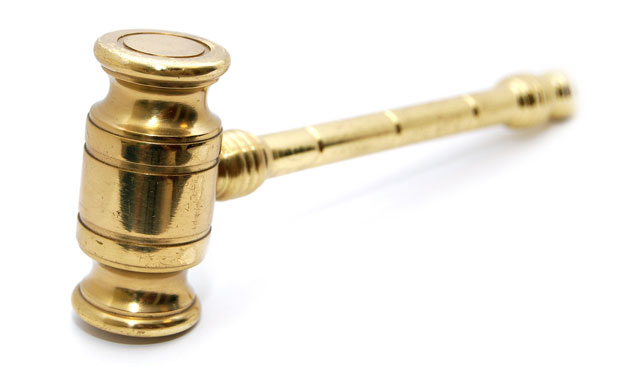
Online business publication Moneyweb’s claim that Fin24 committed “systematic plagiarism on an industrial scale” is extravagant, the high court in Johannesburg has ruled.
Judge Daniel Berger on Thursday handed down judgment in a landmark legal battle between Moneyweb and Fin24 that centred on allegations of copyright infringement and unfair competition.
In 2013, Caxton-owned Moneyweb accused Media24’s Fin24 of aggregating seven of its articles unlawfully.
Moneyweb subsequently launched legal action in a bid to force Fin24 to remove the articles from its website and pay damages at a later date.
Moneyweb editor Ryk van Niekerk also accused Fin24 at the time of committing “plagiarism on an industrial scale”.
But Berger on Thursday ruled that Fin24 committed copyright infringement on only one of these articles while Moneyweb failed to prove that four of its stories were original.
“In its founding affidavit, Moneyweb makes the extravagant claim that the conduct of Fin24 ‘amounts to systematic plagiarism on an industrial scale and forms a core part of its business model in an effort to gain a commercial advantage for itself’,” said Berger.
“Clearly, Moneyweb’s claim of ‘systematic plagiarism on an industrial scale’ is not supported by the facts and is simply designed to colour what should be a focused inquiry.”
Berger, in his written judgment, unpacked the seven stories in question by asking questions about the originality of each story.
The stories ranged from a 2012 article about annual pay increases of MPs to the alleged Defencex Ponzi scheme in 2013.
Of all the stories, Berger found that four of Moneyweb’s stories could not be established as original work owing to factors such as information in those stories being made available in press releases and at press conferences.
Berger also questioned claims by authors of the four stories that their articles were indeed original work and required “independent effort, skill and expertise to write” when they in fact acquired information from the likes of press statements.
Meanwhile, the judge found that three of Moneyweb’s stories were original. One of these stories was an exclusive Moneyweb interview with the said “mastermind” of the alleged Defencex scam, Chris Walker.
Berger wrote that it appeared that the journalist who wrote this story was the “only one interviewing Mr Walker”.
But with two of these original stories — including the Defencex scam story — Berger found that Fin24 had made fair use of them by not using substantive amounts of copy from these stories.
However, he found that Fin24 had made a “word-for-word copy” of a story about Anglo Platinum CEO Chris Griffith’s response to former mineral resources minister Susan Shabangu’s comments about the company’s decision to leave government out of its retrenchment talks.
Berger ruled that a “substantial part” of this Moneyweb story had been reproduced by Fin24.
In the judgment, the court also ruled that using a hyperlink back to the original Web page of a story is sufficient in citing an original source.
As part of the judgment’s final order, Berger ordered Moneyweb to pay 70% of Media24’s legal costs. But Media24 is liable to Moneyweb for damages regarding the Amplats story.
“On balance, the respondents (Media24) have been substantially more successful than the applicant (Moneyweb),” said Berger.




